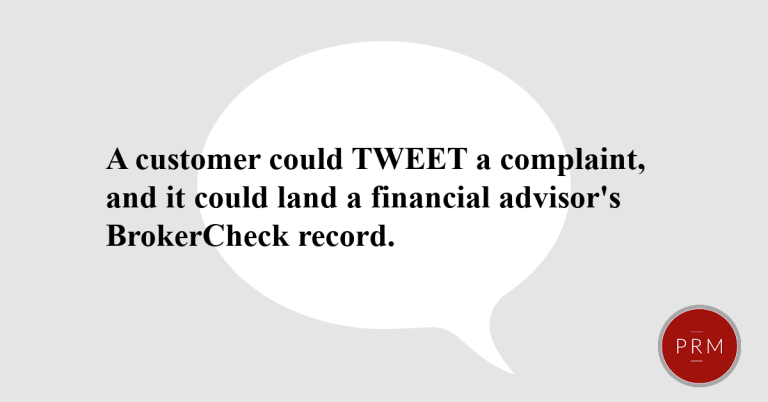The changes made to the process up to this point haven’t “worked.” Financial advisors continue to win their expungement cases far more often than they lose. This success comes despite several previous changes to the process designed to reduce the success rate. Past changes include:
FINRA added these measures in the face of its preexisting rules, which already place a heavy burden squarely on the financial advisor to prove they deserve an amended BrokerCheck record.
None of this, it seems, is enough. Under FINRA’s latest proposed rule changes, the following notable modifications to the process will likely take place:
These proposed changes will not change the rate that FINRA arbitrators order removal of customer complaint information from BrokerCheck.
Through its attempts to apply more stringent rules, FINRA and expungement reform advocates, continue to attribute the success rate to a combination of: (1) arbitrator ignorance in how to apply FINRA’s expungement standards, and (2) rules that are too lax. FINRA has used this logic as the central justification behind every previous amendment to the process, which have all failed to reduce the success rate.
The continually overlooked cause is the broad standard for what constitutes a “customer complaint” that FINRA requires employing broker-dealers to disclose on BrokerCheck. FINRA requires BrokerCheck disclosure of essentially any written complaint involving, “allegations of theft or misappropriation of funds or securities.” This includes a formal lawsuit that involves a financial advisor. But it also includes informal written complaints set out in emails, letters, text messages, or even tweets. FINRA provides a specific example on its website where a tweet from a customer who alleges a financial advisor sold them unsuitable securities would constitute a reportable event worthy of appearing on BrokerCheck.
A complaint may never amount to formal litigation; a complaint could be meritless; the financial advisor’s firm could deny the complaint entirely or settle it for nuisance value without the financial advisor’s input. And in each instance, the complaint would appear on the financial advisor’s BrokerCheck record.
To be clear: FINRA is correct to apply a broad standard for what constitutes a customer complaint that warrants disclosure on a financial advisor’s BrokerCheck record. But these broad reporting requirements (which continue to broaden) have created an influx of financial advisors who have customer complaints on their records that legitimately meet FINRA’s expungement standards.
Predictably, when these financial advisors pursue expungement, they win far more often than they lose. FINRA arbitrators—who are overwhelmingly well-versed on the FINRA Rules—understand this dynamic better than anyone. But across the breadth of negative commentary about the expungement process over the last decade, few (if any), it seems, are willing to consider FINRA’s broad BrokerCheck reporting rules as the source of (or at least a substantial contributing factor to) the high success rate in expungement cases.
Ultimately, if you treat every formal or informal expression of discontent about a financial advisor as a complaint that requires BrokerCheck disclosure, you must acknowledge that a substantial proportion of those customer complaints might be legitimately meritless. Financial advisors who have their records tarnished from a meritless complaint often take exception to an attack on their reputation. Unsurprisingly, when these brokers pursue expungement, they win more often than they lose. Successful expungement cases therefore do not confirm lax expungement rules, or arbitrator ignorance. To the contrary, successful expungement cases more likely confirm a deluge of customer complaint information on BrokerCheck that legitimately meets the expungement standards. FINRA conveniently ignores this possibility.
If FINRA maintains broad BrokerCheck reporting rules, financial advisors (who can afford it) will continue to overcome FINRA’s obstacles because they will continue legitimately meeting the expungement standard. This is the tradeoff that comes with the requirement to disclose essentially every written criticism of a financial advisor that relates to securities on BrokerCheck. FINRA should simply acknowledge this. Instead, it continues trying to reduce the success rate (to cure what it undoubtedly views as a bad optic) by complicating the process. It hasn’t worked before, and it won’t work this time.
8. See Note 1 supra FINRA’s Letter to the SEC RE SR-FINRA-2022-024, dated November 10, 2022, at pages 1-2.



